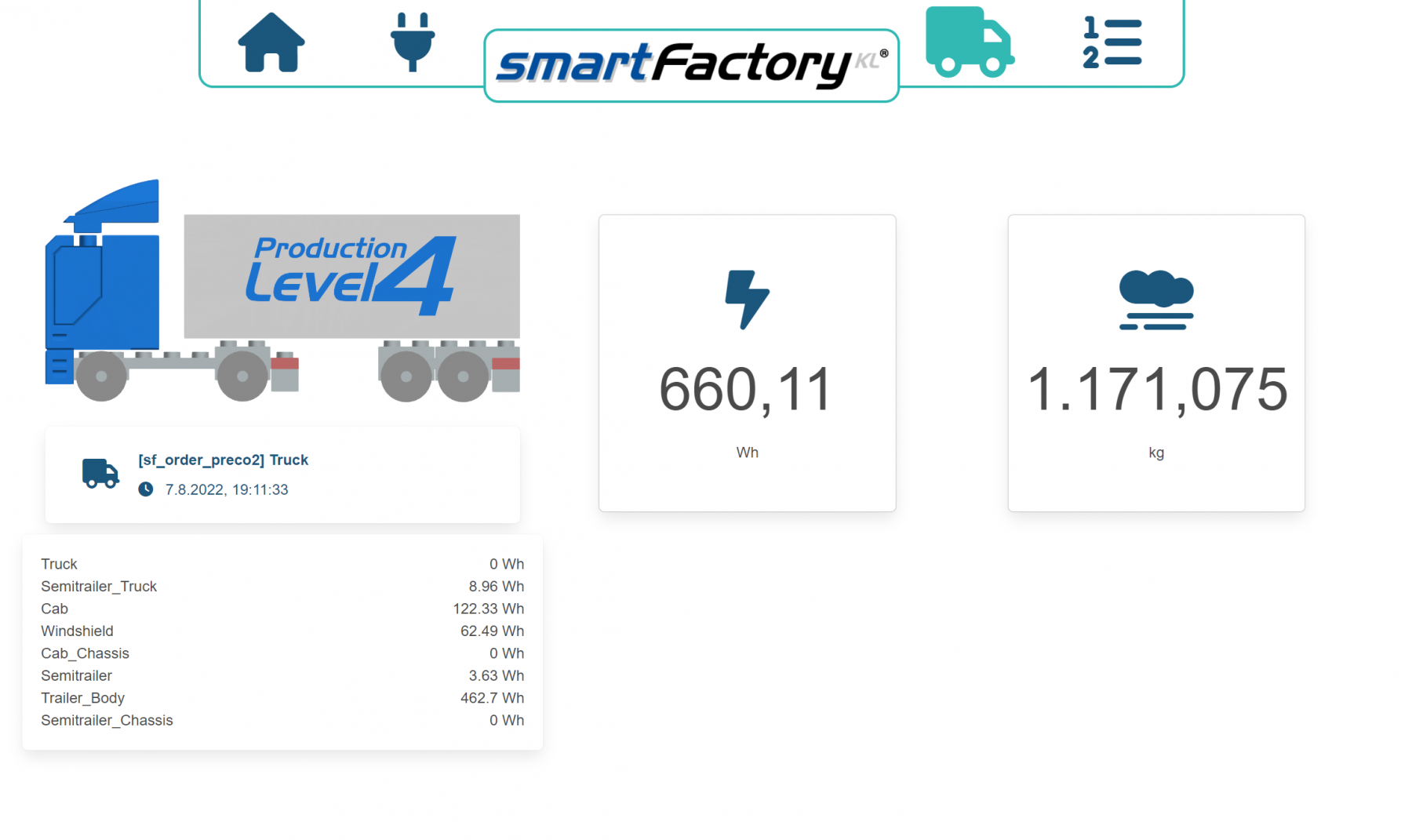 SmartFactory-KL, a research and industry network, is set to make waves at the Hannover Messe, in Hall 8, Stand D18, with its demonstration of the administrative shell, focusing on sustainability and resilience. The asset administration shell (AAS) is the digital core of all future production architectures. This is where fixed and flexible data for each asset is stored. The AAS enables distributed and flexible supply chains to be generated as needed for individual products. The capture of live data like the carbon footprint and energy consumption also relies on the AAS.
SmartFactory-KL, a research and industry network, is set to make waves at the Hannover Messe, in Hall 8, Stand D18, with its demonstration of the administrative shell, focusing on sustainability and resilience. The asset administration shell (AAS) is the digital core of all future production architectures. This is where fixed and flexible data for each asset is stored. The AAS enables distributed and flexible supply chains to be generated as needed for individual products. The capture of live data like the carbon footprint and energy consumption also relies on the AAS.
Administrative Shell or Digital Product Pass?
“We see the administrative shell as the communication hub of every production asset,” said Prof Martin Ruskowski, CEO, SmartFactory-KL. “The Digital Product Pass, which is to be rolled out across Europe, is a good start.” But, Ruskowski thinks that is not enough. “It’s more like a digital data plate than the administrative shell that is needed.” The Digital Product Pass (DPP) allows an asset to self-identify. It contains information on production, components, raw materials, repair options, etc. “But, what if something gets a rebuild, where does that data go,” he asks. “We need sub-models in the AAS that can be dynamically updated if we ever want to achieve a circular economy. Component parts will need to be reused.”
A first at Hannover Messe: the administrative shell as a dynamic core
SmartFactory Kaiserslautern demonstrates what this can look like at Hannover Messe. A user configured model truck is produced on site at the production station_KUBA. During production, data is collected and stored in the administrative shell. “What we see, for example, is the actual carbon footprint during operation. We also know the respective energy consumption,” said Ruskowski. What sounds mundane is really quite revolutionary. “In the future, dynamic supply chains for products will be the reality,” he stated. “In other words, the machines and services required for manufacturing will be found in data spaces using a matching-engine. And that requires dynamic administrative shells.” After all, this is the only way to guarantee that a manufacturer can truly achieve energy-efficient production. In Ruskowski’s vision, the administrative shell contains all details about the product history. If an unnecessarily energy-intensive machine is used, it will be identified and not selected for future orders.
Manufacturing-X: The future of production is in data spaces
The idea of flexibly organizing resilient production via sovereign data spaces is already incorporated in the SmartFactory-KL vision of Production Level 4. “It is all the more significant that the value of this topic has been upgraded through the BMWK Manufacturing-X initiative,” asserted Ruskowski. “A mind change is needed among companies here; otherwise, this won’t work.” Similarly, the benefits of asset administration shells cannot be exploited without the networking of machines and services in sovereign data spaces. Manufacturing will not become resilient without dynamic supply chains. “I hope, in this respect, that Manufacturing-X acts like a booster shot,” he continued. “But, in the sense that companies agree to participate, not that we get bogged down in senseless discussions.”
In the meantime, SmartFactory-KL has already acted and set up skill-based, shared production that works via administrative shells at different locations in Kaiserslautern.
One of these production stations will be exhibited at the Hannover Messe, in Hall 8, Stand D18.
Co-exhibitors at HM 2023 include B&R Automation, Fujitsu, Harting, Huawei, Pfalzkom, PILZ, Radiflow, RPTU Kaiserslautern, TIKI - Technology Institute for Applied Artificial Intelligence, TÜV SÜD, and Weidmüller Germany.
SmartFactory-KL
Hall 8, Stand D18
For more information: www.smartfactory.de